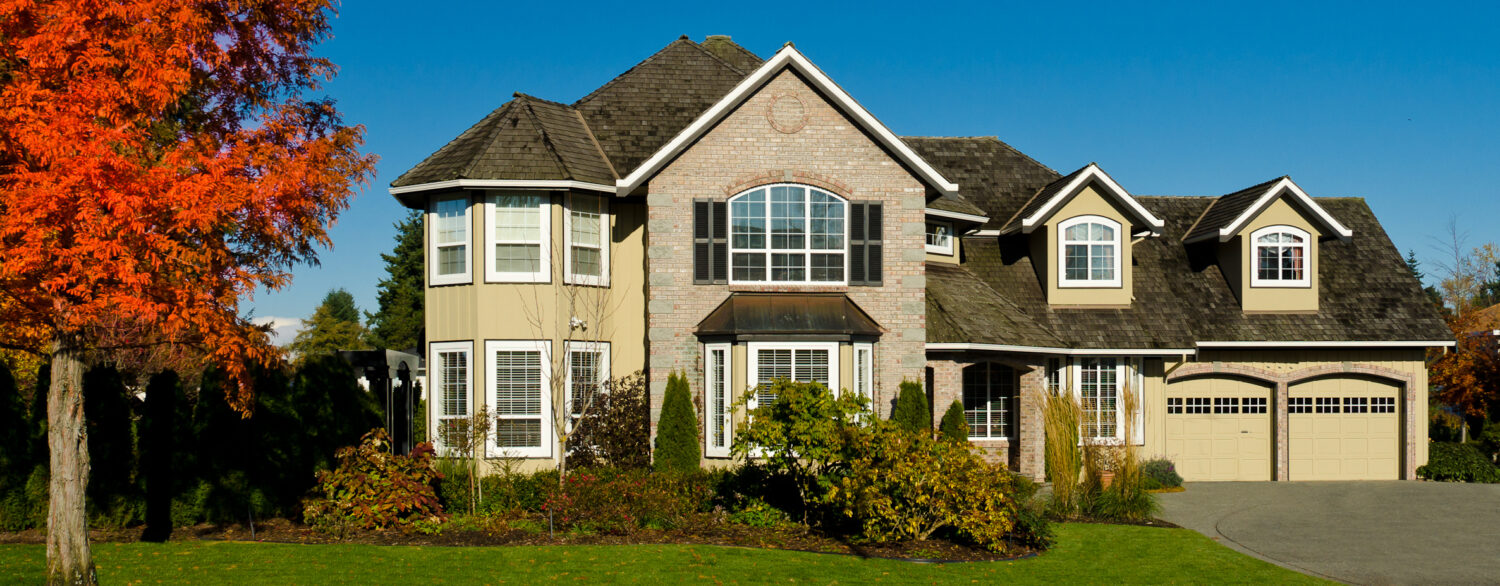What is a Commercial Mortgage
Commercial mortgages are a financing option for businesses looking to purchase property for their operations. Unlike residential mortgages, a commercial mortgage can be more complex and have different requirements and terms. To apply for a commercial mortgage, businesses must provide financial statements, tax returns, and proof of income, among other documents.
Advantages of Purchasing Commercial Real Estate
One advantage of buying commercial property with a mortgage is that it gives businesses an opportunity to build equity in the property. Owning a property can also offer more stability and control over the space, allowing businesses to make modifications or improvements without seeking permission from a landlord.
However, commercial mortgages also come with risks and costs. For one, the loan amount may come with high interest rates, making the financing option less attractive than leasing. Additionally, businesses need to consider the expenses involved in maintaining and managing the property, such as property taxes, insurance, and repairs.

Getting a Commercial Mortgage in Ontario Involves Several Steps.
First, you need to have a solid business plan and financial statements to present to potential lenders. You will then need to shop around for a lender that offers specialized commercial mortgages to businesses in your industry, size, and creditworthiness. The lender will evaluate your application based on a variety of factors, including the stability of your business, your credit history, your income, and the value of the property.
Typically, lenders require a down payment of 20% or more, and the interest rates for commercial mortgages can vary widely depending on the lender, your credit score, and the type of loan you select. In Ontario, the current average interest rate for commercial mortgages is around 5%. To qualify, you will need to demonstrate your ability to repay the loan and provide evidence that you have an established business with a steady income stream.
Leasing vs. Purchasing Commercial Property
Leasing, on the other hand, may be more flexible and affordable, allowing businesses to relocate or upgrade their space without the long-term commitment of a mortgage. It also provides a predictable monthly cost, which can help with budgeting and financial planning.

In conclusion, both buying and leasing commercial property come with their own set of pros and cons. It’s important for businesses to carefully consider their options and weigh the risks and benefits before making a decision. Ultimately, the choice should be based on the business’s current financial situation, long-term goals, and overall needs.




